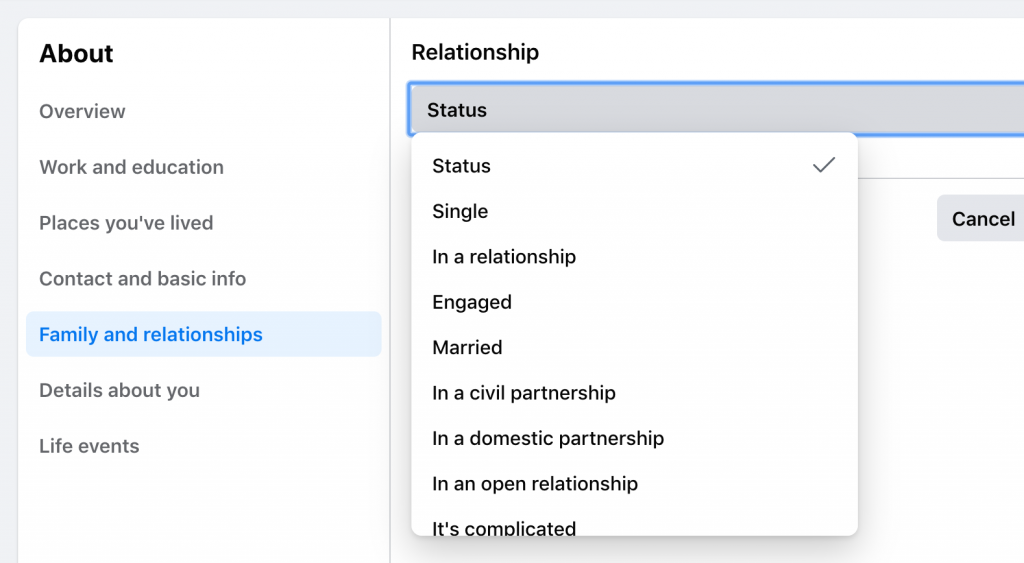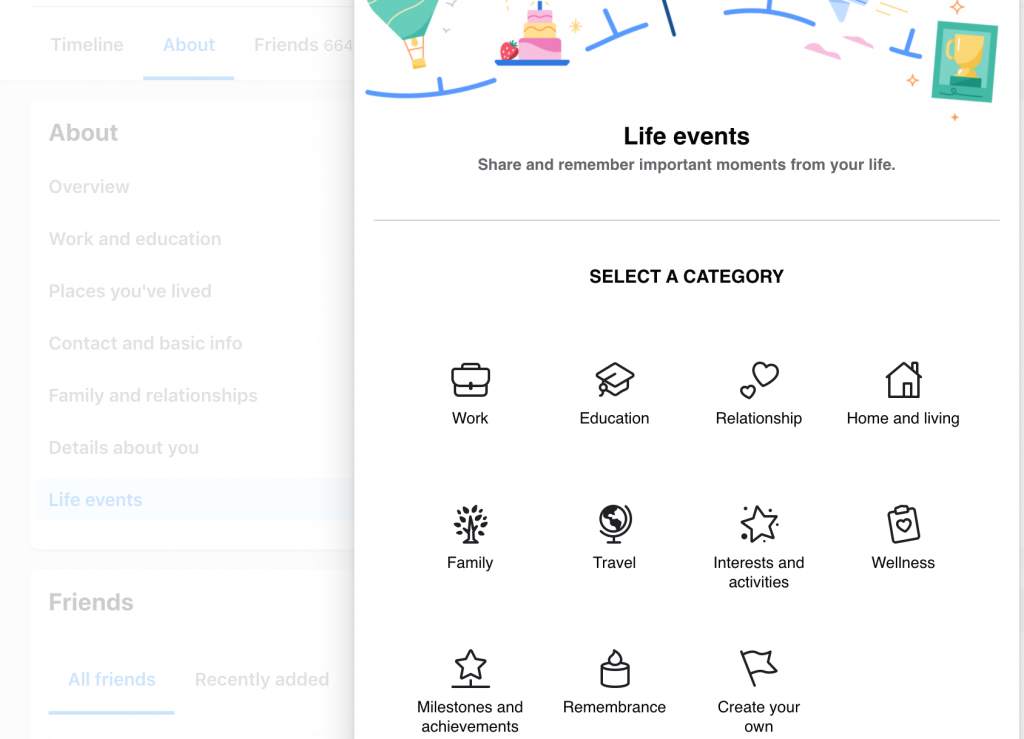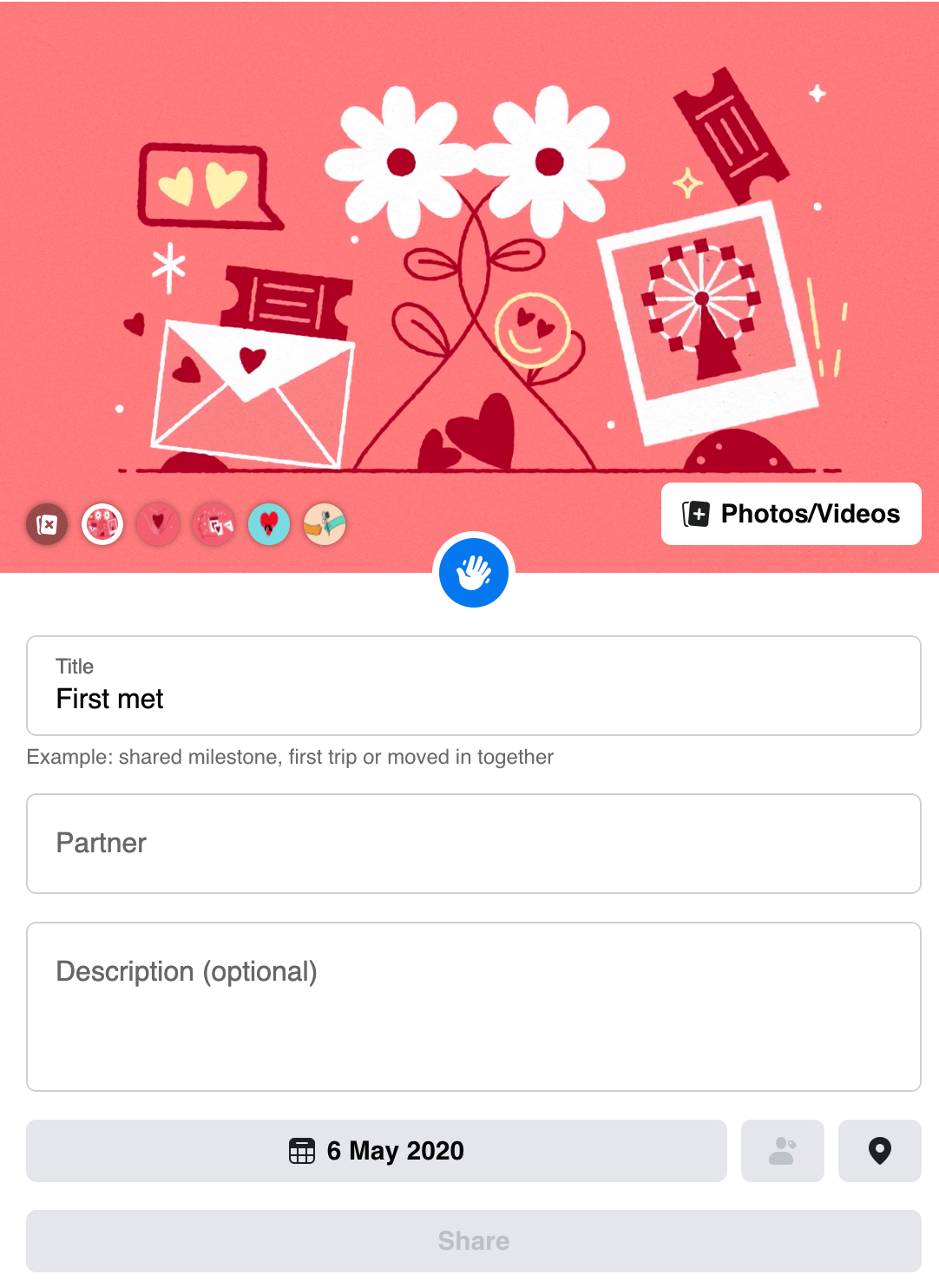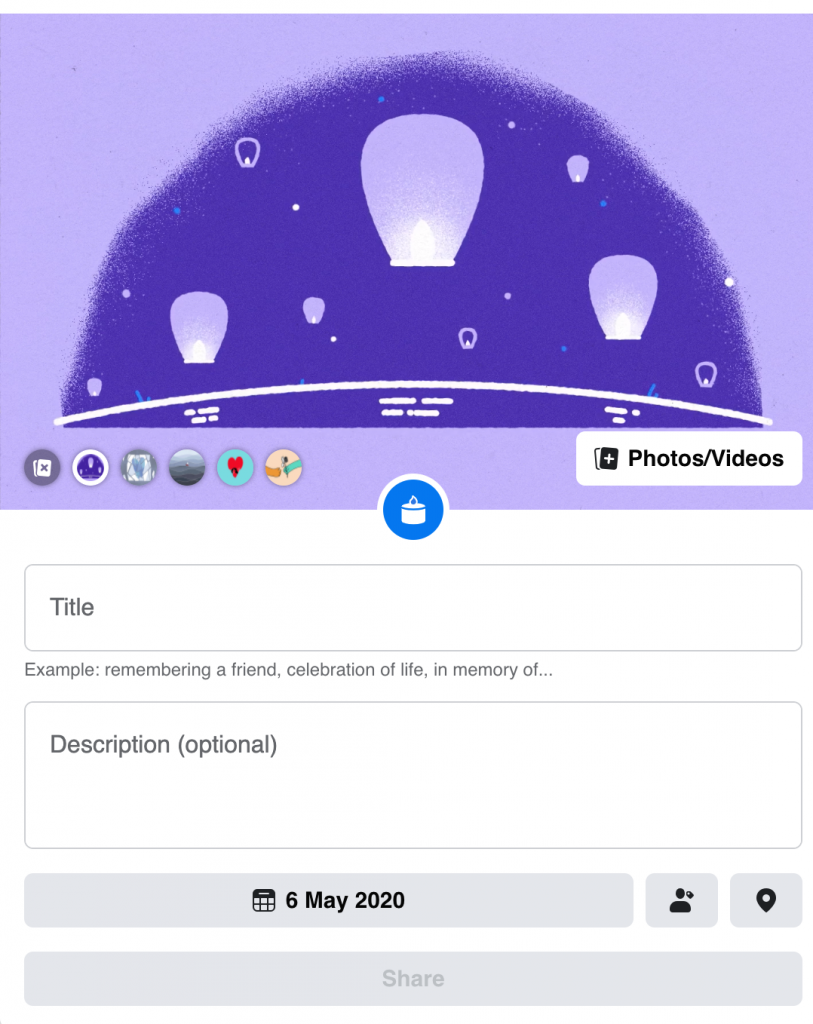Inspired by the famous “bottle game”, this fun and collective workshop should enable participants to exercise their critical sense of the information requested by certain online services, and to make them aware of the protection of personal data.
General Objective
Preparation time for facilitator
Competence area
Time needed to complete activity (for learner)
Name of author
Support material needed for training
Resource originally created in
Introduction
We will communicate via spin the bottle that when we ask questions verbally in front of an audience, we will refuse to answer if it is too personal or uncomfortable, whereas on Facebook the majority of people will answer these kinds of questions without concern.
Facilitation tip: To prepare the workshop, make sure to print or copy the questions on paper, then fold them and put them in a hat. Suggestions: close this activity with ‘Walking Debate: Is Privacy Dead?‘. For more information, see the workshop plan ‘Reflecting on Personal Data‘.
Spinning the bottle
Participants should arrange themselves in a circle and spin the bottle in the middle. The first person to be selected chooses a question from the hat. When they answer the question they spin the bottle again, pick out the next question and ask the selected player. That player then spins the bottle, selects a question, etc. A player can choose to not respond to a question — in which case they skip their turn, don’t spin the bottle and don’t ask the next question.
Questions
- Tell us where you live
- Tell us where you were born
- Give us the list of places where you have lived up to today and the addresses too if you remember them
- Give us a list of schools you have attended
- Describe schools where you have studied
- Give us the list of diplomas and degrees you have along with the years. For any adults that might be playing:
- Give us a list of your employers and/or the jobs you have had
- Give us a list of all your professional competencies
General and specific details:
- Give us your email address
- Give us your phone number
- Make us a list of social media platforms you use. Give us the name of all your accounts.
- Give us your date of birth
- Do you prefer men, women or both?
- Do you speak another language than English?
- Tell us if you are religious – what is your religion? Christian? Protestant? Catholic? Muslim (Sunni or Shia?) Jewish? Animist? Scientologist?
- Give us your political opinions. Are you on the right, left, centrist, neutral, etc.?
Other details on you:
- Are you in a relationship? If yes, with whom? Since when?
- If you are in a relationship, is the relationship complicated?
- Can you give us the name of a family member, your relation with them as well as a photo? Do you realise that if you don’t give us the information, we can ask it directly of your father/mother/brother/sister if we meet them?
- Give us one of the pseudonyms you use online
- What is your favourite quotation?
Important events:
- Tell us about an important event in your life: the first time you met a significant other
- Tell us about an important event in your life: the loss of a loved one
- Tell us about an important part of your life: of your new pet if you have one
- Amongst those present today, can you tell us who are your friends and who aren’t? We will ask the same question to your friends after if we meet them so you might as well tell us now.
- If I showed you a picture of Hong Kong protestors – or any kind of political protestors – being attacked by police (print photo in advance if possible), what would you think of it? Do you like it? Does it make you angry? Does it make you laugh? Does it make you laugh? Does it appeal to you?
- If I show you a photo of Donald Trump speaking at one of his packed out rallies (print photo in advance if possible), what would you think of it? Do you like it? Does it make you angry? Does it make you laugh? Does it make you laugh? Does it appeal to you?*
Ending the game and discussion




* The emotions referred to in these last two questions are those symbolised by common Facebook reaction emojis: ![]()